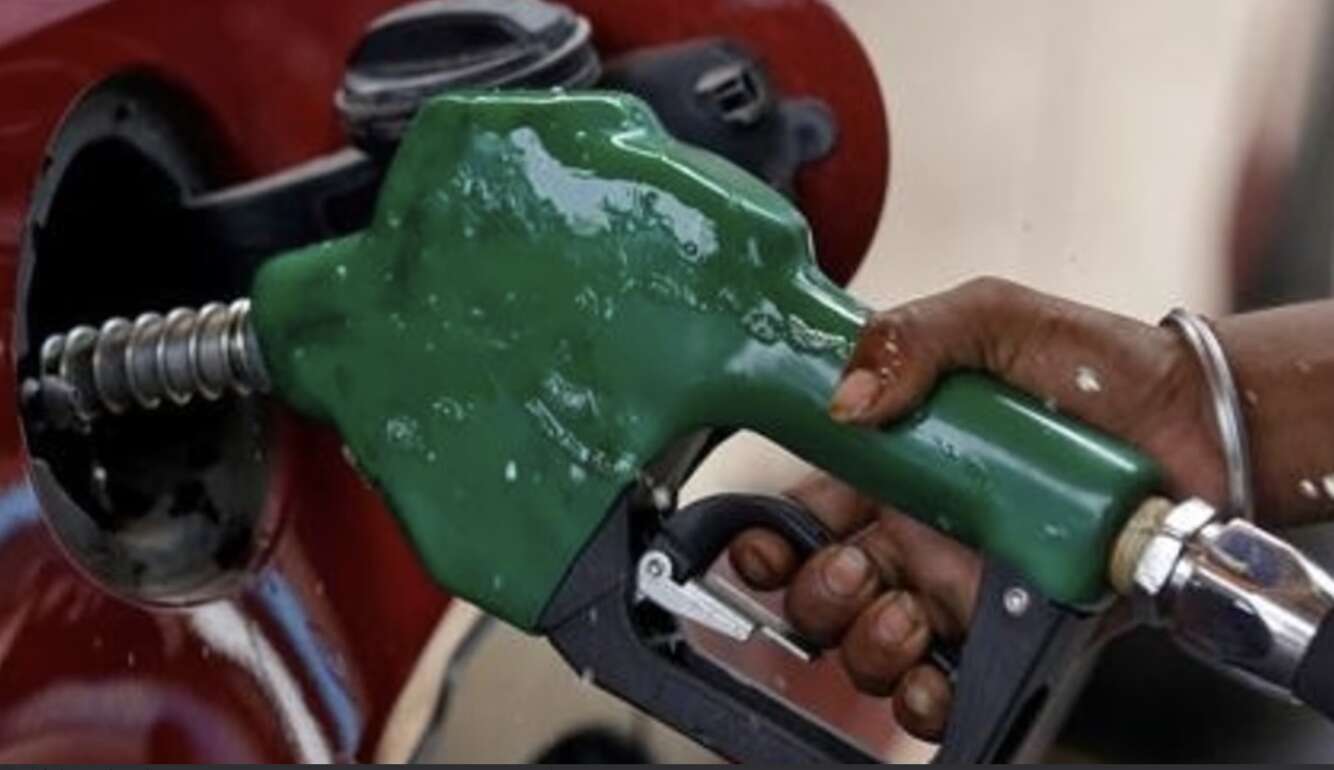Pakistan's Fuel Prices Skyrocket: Strain on Economy and Army's Operations Sparks Public Concern
Pakistan's recent hike in petrol and high-speed diesel prices has caused severe inflation and economic hardships for the general public, industries, and even the Pakistani Army. Shedding light on the country's dire financial situation and questionable government priorities.
Pakistan announced another hike in petrol and high-speed diesel prices, marking the second increase in just a month. The finance ministry stated that the price of petrol would be raised by 17.50 Pakistani rupees to 290.45 rupees ($0.9991) per litre, effective from August 16. Additionally, high-speed diesel will now cost 293.40 rupees ($1.01) per litre after an increase of 20 rupees.
These increases in fuel prices come as Pakistan seeks to meet fiscal objectives outlined in a deal with the International Monetary Fund (IMF). The soaring fuel prices have had severe implications for Pakistan, exacerbating the already high inflation rate.
The inflated prices of essential goods, such as flour, vegetables, and milk, have put a strain on the general public, with food shortages leading to riots and clashes. Industries and factories are also struggling to sustain themselves due to the rising costs of fuel, oil, and lubricants. However, the impact of the price hike is most severely felt by the Pakistani Army.
With kerosene prices reaching 164 rupees per litre, the army is facing difficulty sourcing the necessary reserve fuel to operate its tanks, trucks, and armored vehicles. This shortage has affected their ability to conduct routine drills and practices. Earlier this year, field commanders reported a depletion of food reserves, further emphasizing the criticality of the situation.
Pakistan's financial situation is dire, with debt mounting and a severe balance-of-payments crisis. The country is expected to become the fourth-largest borrower from the IMF after receiving a $3 billion loan earlier this year. External debt service obligations, including a significant amount owed to China, further compound the financial strain.
The government's priorities have also come under scrutiny, as it allocated billions for the purchase of luxury vehicles while skilled individuals continue to emigrate from the country in search of better job opportunities. Overall, the situation in Pakistan is precarious, with soaring inflation, a mounting debt burden, and economic and political instability driving unemployment and emigration.
The government's actions and priorities in the face of these challenges have sparked concerns among the public. As Pakistan navigates these challenges, the hope remains for adequate measures to mitigate the impact on the population and stabilize the economy.




